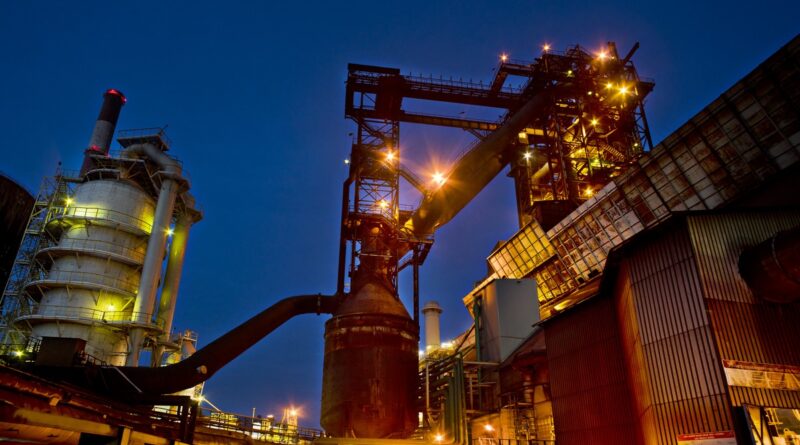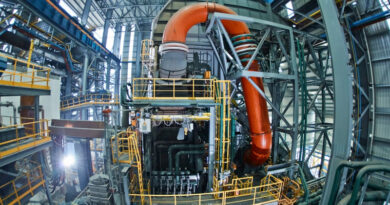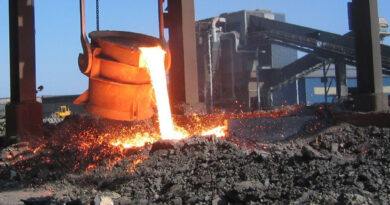AMSA blames external factors for its poor performance
VANDERBIJLPARK, South Africa – Based on information currently available, ArcelorMittal SA advises that the Company expects:
- The earnings per share to decline from R2,76 profit per share for the comparative period to a loss within a range of R0.30 and R0.38 per share for the period (representing a decrease of between 111% and 114%).
- The headline earnings per share to decline from R2.71 headline profit per share for the comparative period to a headline loss per share within a range of R0.38 and R0.46 per share for the period (representing a decrease of between 114% and 117%).
The financial information on which this trading statement is based has not been reviewed and reported on by the Company’s external auditors.
In February 2023, at the announcement of the Company’s 2022 financial results, it was indicated that, barring the impacts of loadshedding and rail service unreliability, the six-month outlook for the trading environment appeared to be improving compared to the difficult close to 2022. Unsustainable price-cost pressures and positive movements in early 2023’s international steel prices, offered reasons for some optimism.
Despite the buoyance of 2021 and the first half of 2022 having passed (remembering that the latter is the comparable period for this reporting period), the international trading environment in the first half of 2023 benefited from the end to de-stocking and less painful energy prices.
However, locally, the trading environment caught no such tail-winds, as the burden of electricity loadshedding, high inflation and interest rates, and negative growth in key steel consuming sectors such as manufacturing, autos, mining and construction affected already fragile consumer confidence.
The Company committed to adopt a flexible approach to operating plants in reaction to the available order book, adjusting fixed cost levels accordingly, and following an assertive cash management process.
By and large these actions were implemented; mostly by design, but in some instances due to unplanned internal and external interruptions.
However, the softness of the market amidst the unprecedent severity of the electricity loadshedding in the last six month, was very much underestimated, which in turn affected the response time with which production could be adjusted in a responsible and well-considered manner. Building and maintaining any semblance of operating rhythm, which is an absolute necessity in running a continuous, integrated steel making process in a cost-aware manner, proved especially problematic.




